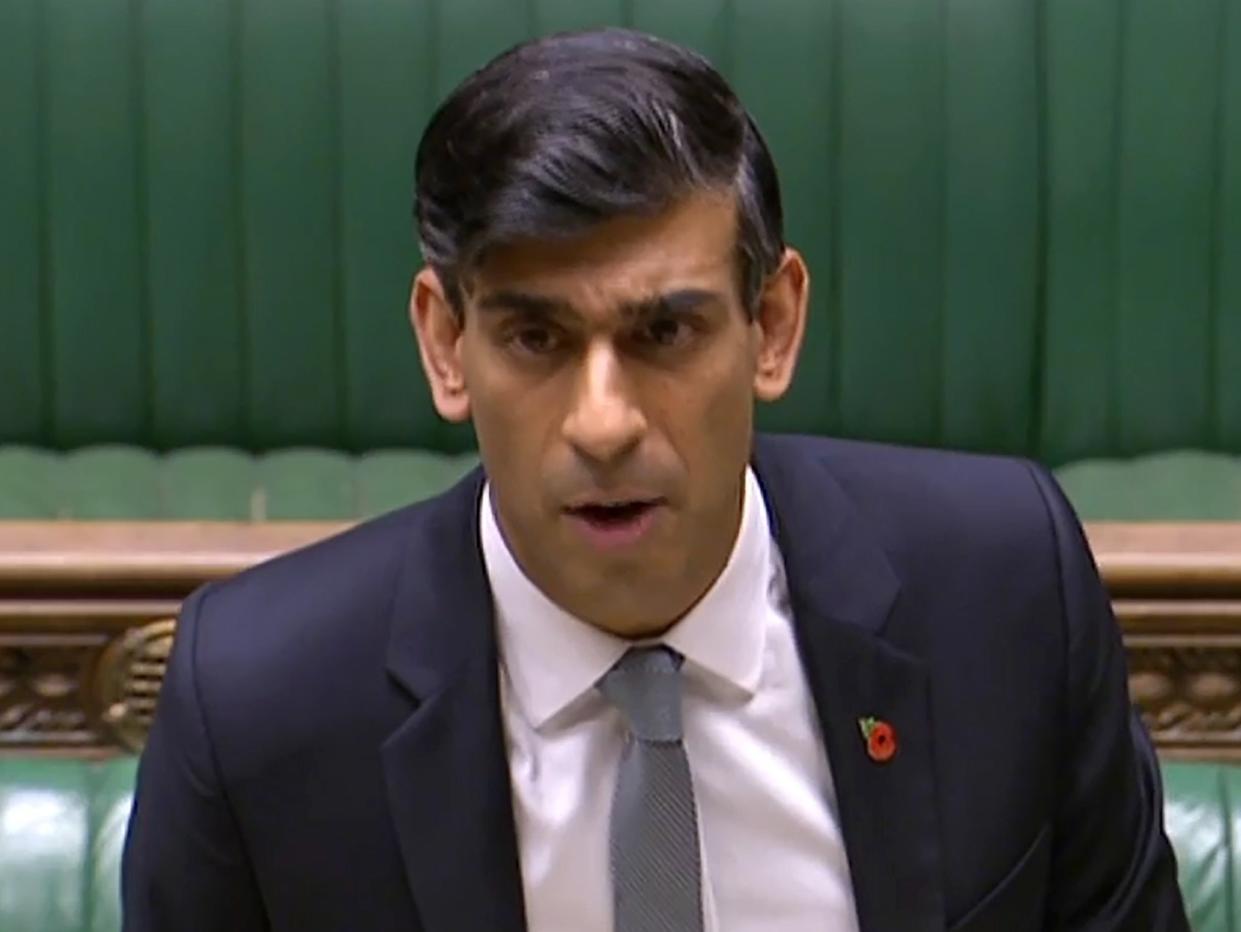Will Rishi Sunak’s investment in the NHS be enough?

Chancellor Rishi Sunak is expected to announce new money for the NHS
(AFP/Getty)We already know the chancellor Rishi Sunak is planning to unveil an extra £3bn of investment for the NHS as part of his spending review on Wednesday.
This will include £1bn to help tackle long waits and operations delayed as a result of coronavirus as well as £500m for mental health services and £325m for more diagnostic equipment and spending which NHS England claims will help deliver 1 million extra scans and tests.
This is on top of already significant extra spending on the NHS since the start of the coronavirus outbreak this year – the normal controls on spending were abandoned in March and billions have been spent making sure the NHS could survive the Covid tsunami.
This spending is but a taster of what could be needed by hospitals in the short to medium term. While the NHS survived the first wave the toll it took on operations and routine services was disastrous. By September, 140,000 patients are waiting over a year for treatment, up from just 1,305, a year before.
Tackling this huge backlog and restoring services fully to what they were before the virus hit will cost billions more than the chancellor has yet stumped up.
New analysis by the respected think tank the Health Foundation makes for some sobering reading.
It estimates that this year and next year the total health costs from Covid-19 could be as high as £40bn – the majority of which is the £27bn for protective equipment and the running of the national test and trace service.
But these costs may soon evaporate if the vaccines now promised work and can be rolled out in months.
Of much greater concern is the long-term cost to the health service of the increased backlog of patients, the workforce pressures made worse by the pandemic and the impact on mental health and community services.
Beyond next year the Health Foundation believes the health service could require ongoing funding increases of around £10bn a year by 2023-24. The chancellor has promised £3bn already in tomorrow’s spending review but this is specifically for clearing the operations backlog and investing in new equipment with £500m for mental health services.
As has become routine for governments since 2010, the longer-term investments needed to shore up the NHS to avoid billions being needed in the short term appears to be missing.
The Health Foundation estimates public health could need £3bn a year extra, while increased workforce training to ensure the NHS has the nurses and doctors it needs will require at least £1bn. And spending on capital projects will require another £1bn.
And this is before we talk about the costs of social care which can put huge strain on the NHS when it can’t cope with demand.
The Health Foundation estimates up to an extra £6.1bn may be needed, rising to £11bn a year by 2023-24.
The NHS Confederation chief executive Danny Mortimer was clear the chancellor’s £3bn, while welcome, was just not enough.
He said: “Health leaders are telling us their staff are caring for patients with what feels like one arm tied behind their backs due to the pressures from coronavirus and they are doing so with equipment, IT and buildings in desperate need of investment, as well as additional funding being long overdue across staff training and education, social care and public health.
“The government has major challenges ahead but now is not the time to close the chequebook as this will only create significantly worse problems down the line.”
Read More
What to expect in the government’s spending review
Rishi Sunak is no different from the rest of the Brexiteer fantasists

 Yahoo Movies
Yahoo Movies 
